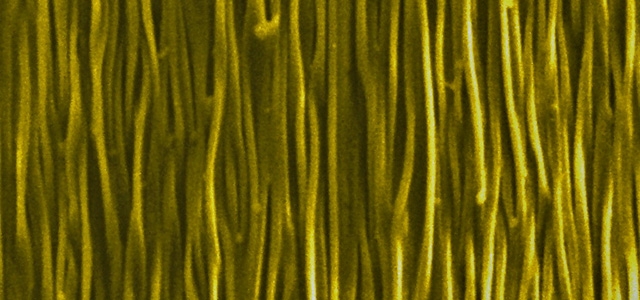
Functional nanomaterials is an area that recognizes the possibility of obtaining materials with unprecedented properties via quantum confinement and rational amalgamation of nanoscale building blocks. Current interests combine molecular design, nanoscale self-assembling strategies and innovative green nano-manufacturing routes towards developing new functional nano composites for a wide range of applications such as optics, electronics and medicine. Additional interests aim at creating material platforms with hierarchical functionalities for energy harvesting (photovoltaics, batteries and fuel cells), sensing (environmental monitoring and accurate early disease diagnosis) and nature-inspired materials for drug delivery.
Nanomaterials in the environment research examines the impact of natural and engineered nanoscale materials on the environment and human health, as well as how nanomaterials may be exploited to benefit both. Topics include the nature and role of airborne geologic and anthropogenic nanoparticulate matter in lung inflammatory disease, effect of waterborne engineered nanoparticles on aquatic organisms, respiratory toxicity of mesoporous silica nanoparticles for drug delivery, and the use of nanoparticles for promoting stem cell differentiation.

